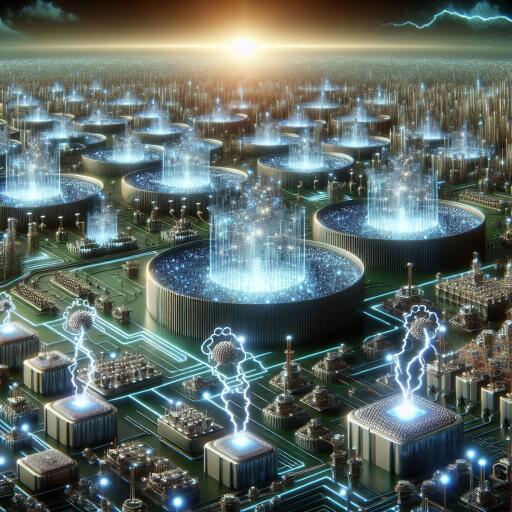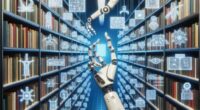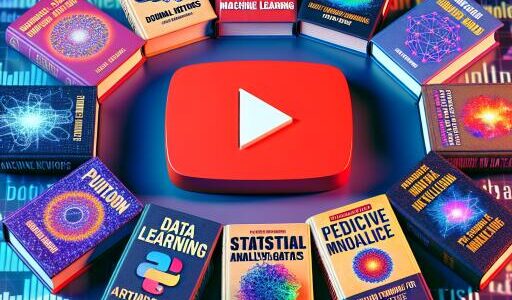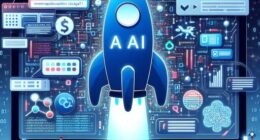Beyond Electricity: Exploring AI through Physical Reservoir Computing
In an era where digital computation has been the backbone of technological advancements, a team of physicists at Leipzig University is charting a new course that could significantly alter our understanding and implementation of artificial intelligence (AI). This multidisciplinary team is pushing the envelope by integrating the principles of physics, computer science, and engineering to create a groundbreaking neural network powered not by digital circuits, but by the natural dynamics of active colloidal particles.
Detailed in their study published in Nature Communications, this innovative approach substitutes traditional electricity-driven computations with a system that employs microparticles for performing AI tasks, including complex computations and time-series predictions. The person spearheading this ambitious project, Professor Frank Cichos, alongside his team, is pioneering in the realm of physical reservoir computing. This new technique could open doors to advancements that may fundamentally shift how neural networks are conceptualized and operationalized.
The essence of their research lies in utilizing synthetic self-propelled particles, minuscule in size (a few micrometres), ingeniously crafted from plastic and gold nanoparticles. When stimulated by laser light, these particles exhibit unique rotational behaviours, laying down a dynamic foundation for the network’s operation. Dr. Xiangzun Wang, one of the study’s contributing researchers, notes that each microparticle serves as an information processor within a larger network, known as the reservoir. The computational output of the network is intricately encoded in the particles’ rotational motion, which is influenced by input signals. Just like their conventional counterparts, this system undergoes a training phase to enhance its computational capacities.
A pivotal aspect of their exploration was understanding how noise, especially due to Brownian motion (owing to the colloidal particles’ suspension in water), affects the system’s reliability and efficiency. This form of noise poses significant challenges to the stability of reservoir computing systems, often necessitating larger reservoir sizes to dampen its impact. However, the Leipzig team developed a method to offset this by integrating the reservoir’s past states into current computations, thereby enhancing its performance under noisy conditions. This allows for the utilization of smaller reservoirs without sacrificing computational accuracy.
Professor Cichos highlights the dual achievement of their work: propelling the integration of active matter in information processing and presenting a novel approach to optimizing reservoir computing by minimizing noise impact. This research not only advances the knowledge in AI but also paves the way for a fundamental rethinking of computational systems, nudging future researchers to venture beyond conventional silicon-based technologies.
At the dawn of this new computational era, it becomes evident that exploring physical phenomena as computational resources harbors untapped potential for innovation. The contributions of Professor Cichos and his team are not just milestones in the academic realm but also beckon a broader reconsideration of potential breakthroughs in computing and artificial intelligence, far removed from the silicon chip. As technology continues to evolve, the exploration of such unconventional methods could very well shape the future of AI, fostering an environment where the boundaries of what is possible are continuously expanded.










